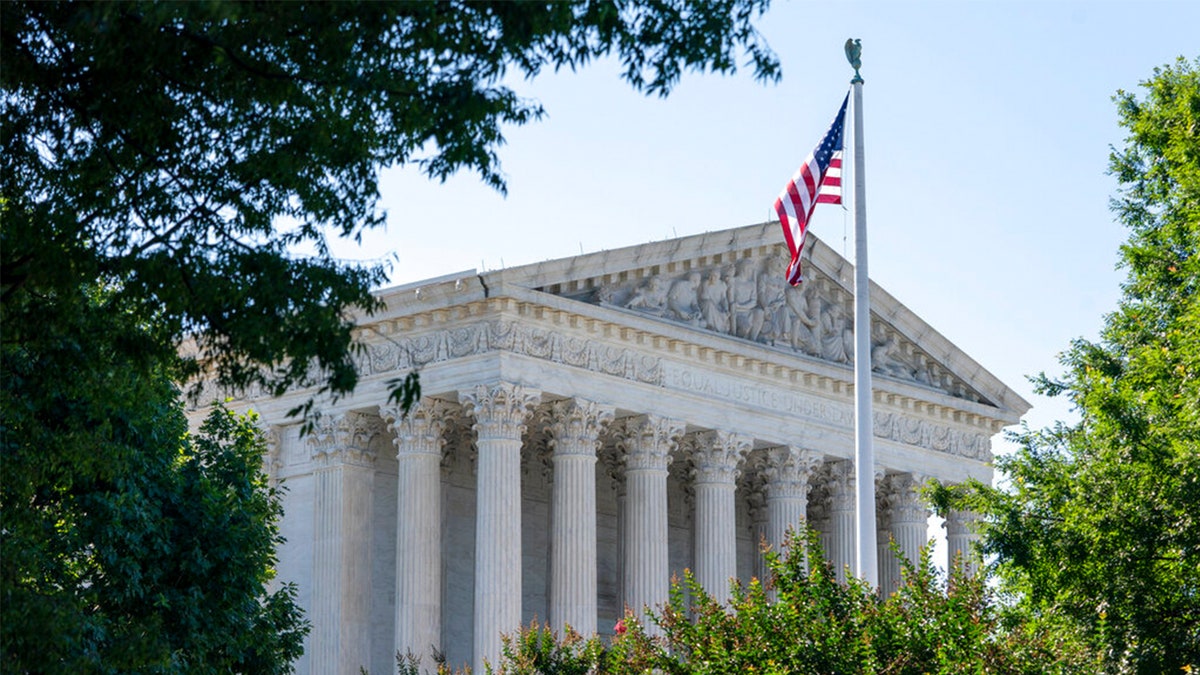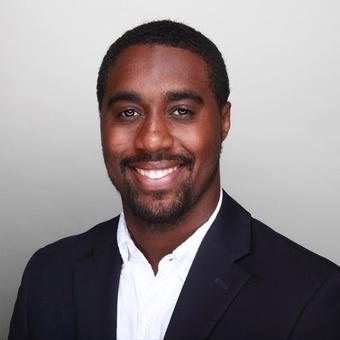Former Education Secretary DeVos warns against 'progressive' education policies: 'Families have awakened'
Former Education Secretary Betsy DeVos joined the 'Brian Kilmeade Show' to discuss the role of education in politics and how COVID impacted the push for parental influence in the classroom.
A West Virginia judge shot down a scholarship program offering public money for private education, calling it unconstitutional.
After a hearing that lasted a little over an hour-long, Kanawha Circuit Judge Joanna Tabit on Wednesday ruled that the Hope Scholarship program that provides state funds for students leaving the public school system violated the state Constitution. The scholarship program was established after the state legislature passed a law in 2021.
The plaintiff, who consisted of parents of students in the public school system, argued that the program violated the state Constitution by diverting funding away from the public education system, according to MetroNews.
Tabit found that the Hope Scholarship violates the state Constitution’s Article XII, Section 1 duty to provide "for a thorough and efficient system of free schools."

The Supreme Court is seen Wednesday, June 29, 2022, in Washington. (AP Photo/Jacquelyn Martin)
After hearing arguments, Tabit issued a "preliminary and permanent injunctive relief, enjoining the state from implementing the statute." Tabit's ruling put the Hope Scholarship program on hold. The issue is likely to head to the state Supreme Court.
West Virginia Attorney General Patrick Morrisey said his office will appeal the ruling.
"I am disappointed with this ruling. We will appeal because this is an important law that provides parents greater freedom to choose how they educate their children," Morrisey said. "Our kids deserve the best educational options—we will fight for our kids and the hard-working families of our state to retain this law and uphold its constitutionality."
Benefactors of the scholarship program receive up to $4,300 per year to leave the public schools system. The funds could be used for a variety of reasons such as private school tuition and fees, online education, education therapies, tutoring, etc. Established in 2021, more than 3,000 students were awarded the scholarship for 2022-23.
ARIZONA PUSHES MOST EXPANSIVE EDUCATION SAVINGS ACCOUNT PROGRAM IN THE US

West Virginia Attorney General Patrick Morrisey will appeal the ruling. (iStock)
School choice became a salient issue after the COVID-19-induced lockdowns sparked a conversation on the scope of the government’s authority and the type of content that should be taught to children from public school curricula.
Private schools across the country reported an uptick in enrollment over the past two years, while public school enrollment declined on a national scale. Between fall 2019 and fall 2020, total public school enrollment dropped 3% nationwide, erasing a decade of steady growth, according to the U.S. Department of Education. Meanwhile, total enrollment in independent private schools saw a net growth of 1.7% between 2020 and 2022, NPR reported in December.
CLICK HERE FOR THE FOX NEWS APP
Private school choice, or providing all families with alternatives to the public schools they’re zoned for, can be expanded through multiple avenues at the state level, including school voucher programs, tax-credit scholarship programs, individual tuition tax credit programs and deductions, and Education Savings Accounts (ESAs). Charter schools, magnet schools and homeschooling are also forms of school choice programs.
"The activist judge let the mask slip by admitting the ruling was about protecting the government school establishment," Senior Fellow at the American Federation for Children Corey DeAngelis told Fox News Digital. "The judge noted that public schools lose some money whenever a child switches to a private school. But this is true whenever a parent chooses to educate their child at home or in a private school for whatever reason, because public schools are funded based on enrollment, with or without a school choice initiative in place."











































